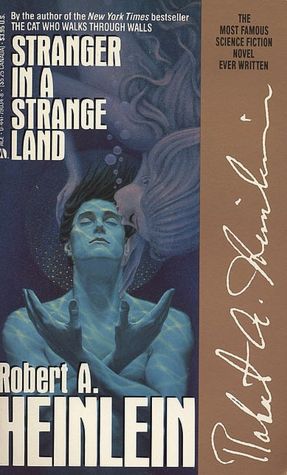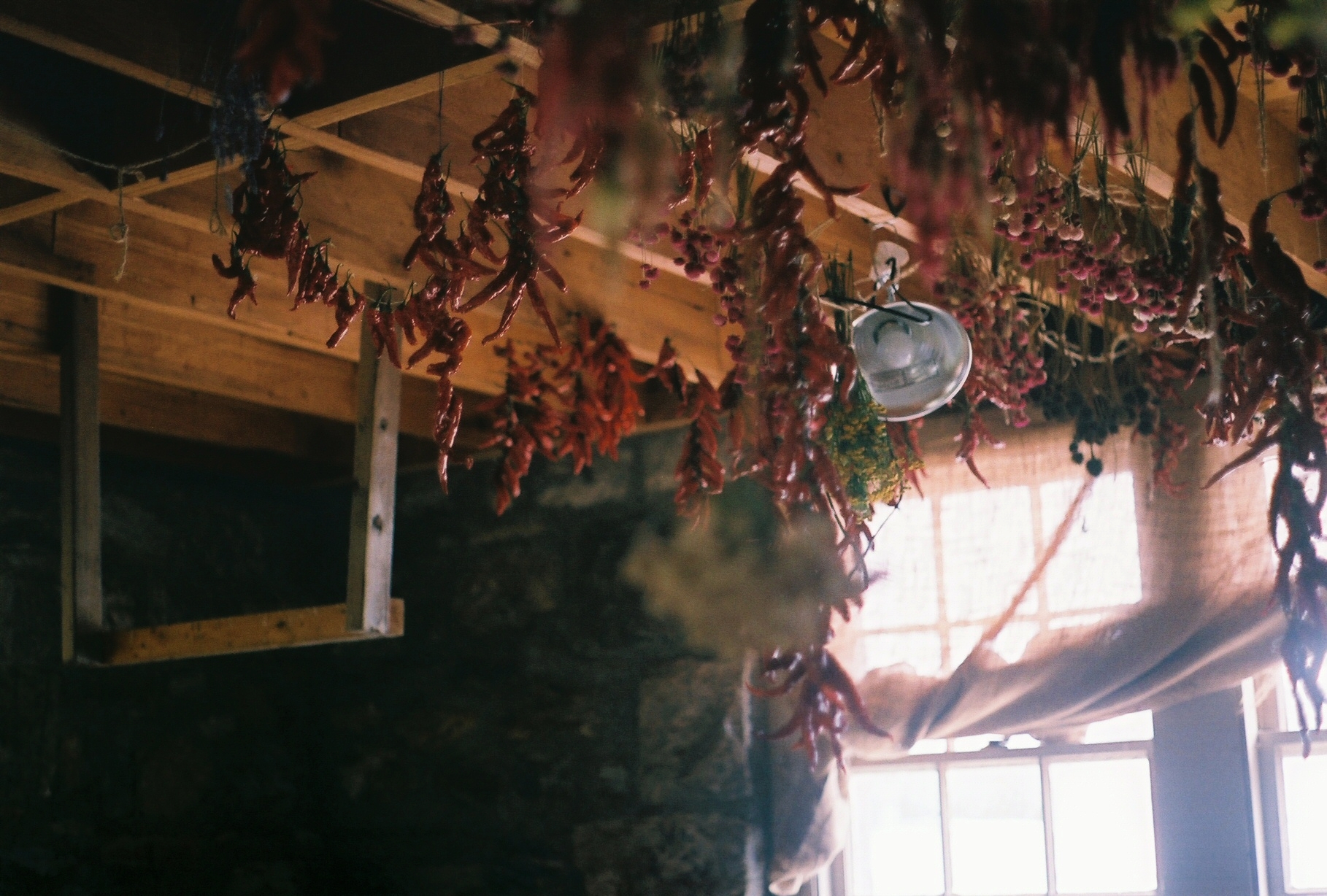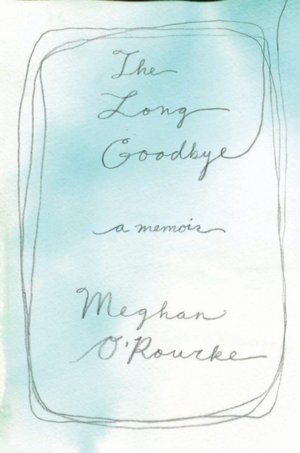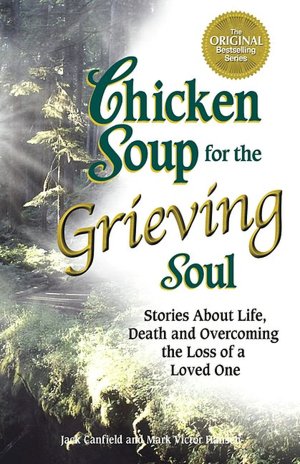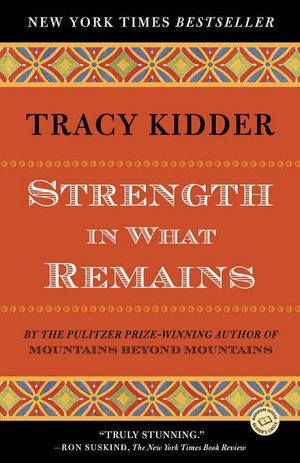By Rhea St. Julien
After several years of an admittedly tumultuous relationship, I am breaking up with Vogue. My subscription is up, and I am finally pulling the trigger and not renewing. If this blog were a movie, I’d segue here into a montage of me + Vogue in better times, reading sandy articles on the beach, discovering Claire Dederer and Cheryl Strayed, ripping out amazingly curated spreads by Grace Coddington and Irving Penn to create collage art.
But our relationship has not all been Happy Days with scissors. Like everyone else on the planet, I was appalled by Dara-Lynn Weiss’s article about shaming her child into losing weight. I have grown increasingly tired of the pieces on Connecticut garden homes refurbished by gazillionaires, and the lack of diversity reflected on the pages. However, I was willing to overlook all of this, because Vogue isn’t pretending to be anything else than it is. The magazine is sold as the flight of fantasy of a particular Manhattan woman, and if I don’t like their point of view, I can just skip those articles or join the conversation surrounding them to shift the culture. Somehow, what pushed me over the edge from giving them a pass to writing CANCEL on my invoice was a subtle message in an otherwise innocuous, seemingly empowering article.
I was drawn in by their profile of fascinating congresswoman Debbie Wasserman Schultz, a woman who manages to balance motherhood, congressional leadership, and extracurriculars such as softball teams and fundraising for cancer awareness. The tale of her own breast cancer battle was riveting, but then they slipped in this absolutely ridiculous paragraph:
“By 2011, the only lingering effect of her treatment was weight gain brought on by the drug tamoxifen. Having ‘never gained an ounce in my life,’ she found herself 23 pounds heavier. ‘Like every woman who goes through weight gain, you’re just not happy,’ she says. ‘You’re not comfortable in your clothes, you’re mad when you walk in your closet, you hate going shopping. I didn’t feel good about myself.’ After a press event in her district promoting a small business called the Fresh Diet, she decided to sign up. Seven months later, she had lost the 23 pounds and dropped from a size 8 back to a size 2.”
First of all, I’m sorry, the only lingering effect of surviving cancer was weight gain? What about the scars from surgery, the months lost to recovery, the strain on your family, the emotional damage from confronting mortality in such a raw way? If you fight cancer and win, and you’re worried about your dress size, CANCER WINS. You learned nothing from your brush with death, and I just can’t believe that a woman so intelligent and powerful really feels that way. I suspect they took her comments about her body image struggles out of context in their attempt to trivialize and glamorize the congresswoman.
Also, what’s so terrible about being a size 8 (ahem, ahem)? The fact that they even put the sizes in there shows that it was a nod to diet culture rather than a well-rounded portrait of a woman’s experience with cancer. I realized I needed to stop giving money to a publication that was insulting me.
It really bothered me that this blatant body-shaming message was slipped in to a profile of a political leader, a piece that was well-written and interesting. The subtlety of it was what shook me, left me thinking about the lasting effects of such a paragraph, like when, in the 90′s, they found all those messages about sex in Disney movies.
Recently, my review of Peggy Orenstein’s Cinderella Ate My Daughter: Dispatches From The Front Lines of the New Girlie-Girl Culture was published on the Equals Record, and in my piece, I say that I’m going to try to keep my daughter away from the princess craze as long as I can, and to expose her to different forms of what it means to be a woman than the overwhelmingly narrow cultural ideal.
Well, if I’m going to do that for my daughter, I need to stop “playing princess” myself, and reading Vogue is a way that I, monthly, escape to a world where women are saved from the effects of aging (The Wicked Witch of Wrinkles) by state-of-the-art surgeries and creams (Prince Botox), I dream of having a Fairy Godmother that will bring me a $3,450 biker jacket for the ball, and my confidence is boosted by how modern day royalty (celebs) are really down-to-earth, just like me.
It’s time to put down the princess wand.
I am searching for a new way to be feminine. Am I a woman because I paint my lips red, wear a dress on the daily, shave my legs and flat iron my bangs? Of course not. These are the ways I am fashioning my body right now, and I have chosen other forms for it throughout my life---letting my prodigious body hair grow in college (my husband and I got together, actually, when my leg hair was so long I could French braid it), wearing the same pair of dusty Carhartts for months, forgoing make-up even in the face of period zits.
Right now, my look is very traditionally femme, but, my love for fashion will not die with my Vogue subscription, and I could see myself dressing like one of my icons, Patti Smith, or Georgia O’Keefe, my hair a wild mass of black and gray, my pants pegged and baggy, my white shirt crisp enough to cut a fingernail on.
There is so much power in womanhood---this is one of the major reasons I chose to have my baby as naturally as I could---I wanted to experience that feminine power running through my body in the most primal way possible, to let it change me in the process. And it did. But now, despite Operation Rad Bod, I feel crappy about that amazing body that brought me a baby, about two weeks out of every month (if you guessed that those are the week before and the week of my period, then ladies, you are correct).
Vogue is absolutely not going to help me with my quest for a learned experience of the deeper meaning of femininity, beyond waist size and wardrobe. So, I’m taking this whole experiment to the next level, and trying to limit my own exposure to damaging cultural messages about women, especially since I’m going to limit my daughter’s. I can’t be wresting the Bratz doll out of her hands while I’m filling my own with pictures of Kate Moss’s wedding.
Perhaps, I’ll spend all the time once consumed with Vogue reading things like this, an excerpt from Dear Sugar’s column entitled Tiny Revolutions:
“You don’t have to be young. You don’t have to be thin. You don’t have to be ‘hot’ in a way that some dumbfuckedly narrow mindset has construed that word. You don’t have to have taut flesh or a tight ass or an eternally upright set of tits.
You have to find a way to inhabit your body while enacting your deepest desires. You have to be brave enough to build the intimacy you deserve. You have to take off all of your clothes and say, I’m right here.
There are so many tiny revolutions in a life, a million ways we have to circle around ourselves to grow and change and be okay. And perhaps the body is our final frontier. It’s the one place we can’t leave. We’re there till it goes. Most women and some men spend their lives trying to alter it, hide it, prettify it, make it what it isn’t, or conceal it for what it is. But what if we didn’t do that?”
So long, Vogue. It has been fun. But it has not been real.
Republished with the author's permission from Thirty Threadbare Mercies, Photo:  Some rights reserved by JeepersMedia
Some rights reserved by JeepersMedia
 I am walking along the Mediterranean coast with the groupe des randonneurs that I joined as my required extracurricular activity from ACCP. What I had expected to be rigorous hiking turns out to be a group of mostly retired people who amble through woods every Tuesday afternoon. I convinced Leah and Bridget to join as well, and we’re laughing at how ridiculously slowly we are moving. We hadn’t fully comprehended the meaning of the verb randonner when we signed up for this. We thought it was hiking. This is ambling, maybe. Strolling.
I am walking along the Mediterranean coast with the groupe des randonneurs that I joined as my required extracurricular activity from ACCP. What I had expected to be rigorous hiking turns out to be a group of mostly retired people who amble through woods every Tuesday afternoon. I convinced Leah and Bridget to join as well, and we’re laughing at how ridiculously slowly we are moving. We hadn’t fully comprehended the meaning of the verb randonner when we signed up for this. We thought it was hiking. This is ambling, maybe. Strolling.







